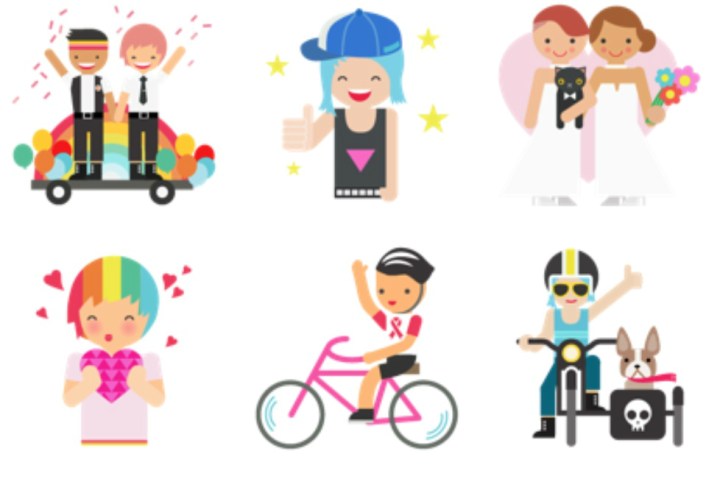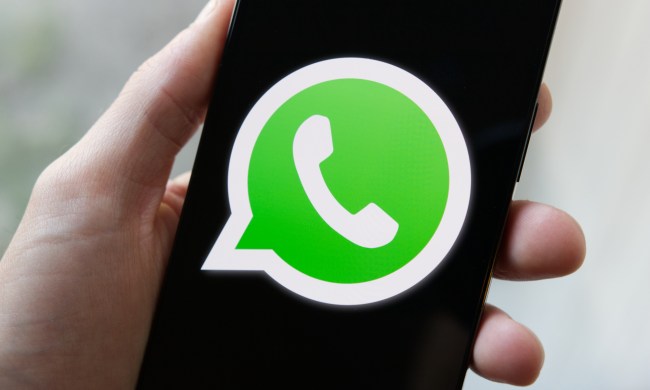
Earlier this week, the powers that be in Indonesia successfully forced popular messaging app Line to remove LGBT stickers from its Indonesian e-store. Now the country’s government has WhatsApp and Facebook in its targets.
Despite the fact that homosexuality isn’t illegal in Indonesia, it seems that the conservative attitudes of the country’s rulers are in the driving seat.
“Social media must respect the culture and local wisdom of the country where they have large numbers of users,” Ismail Cawidu, a spokesperson for Indonesia’s ministry of information and communication, said in a related statement, reports Time.
Despite the outcries, no government minister has detailed a penalty in regards to apps that carry gay emojis. Local Indonesian news outlet Detik reports the matter may get taken up by the communication ministry’s negative content management panel, a censorship board that has been known to block websites.

Line, which boasts a large presence in the country and throughout Asia, has apologized for its LGBT-related content, claiming it made Indonesian users feel “uncomfortable.”
Human Rights Watch has criticized what it terms anti-gay rhetoric on the part of the government. In an open letter to Indonesia’s president Joko Widodo, the advocacy group expresses “grave concerns regarding the recent spate of hateful rhetoric by public officials against lesbian, gay, bisexual, and transgender (LGBT) people.”
Although Indonesia approved of the steps taken by Line, it faces an uphill battle convincing the likes of Facebook, WhatsApp, and even Apple to do the same. Unlike Line, which carries gay emojis made by third parties that are easily removable from its store, the other three tech giants have LGBT-themed emojis built into their respective messengers’ keyboards — making them all the more difficult to abandon.
